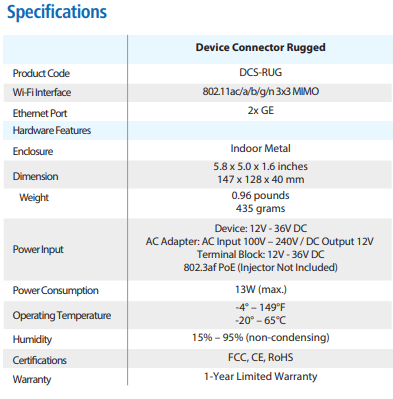
Virtual Private Networks (VPNs) have become increasingly essential for online privacy and security. As digital threats evolve, understanding the various ways to implement a VPN is crucial for both individual users and organizations. Two common approaches are installing a VPN directly on a device or configuring it on a router. Each method offers distinct advantages and disadvantages, impacting performance, security, and ease of management.
VPN on Device vs. Router

Installing a VPN directly on a device, such as a laptop, smartphone, or tablet, provides a focused approach to securing individual connections. This method is relatively straightforward, requiring the user to download and install a VPN application. Each device needs its own VPN client, which allows for tailored configurations and specific server selections. For example, a user might choose a server in a particular region to access geo-restricted content or prioritize speed by selecting a server with low latency. Device-level VPNs are excellent for mobile users who frequently connect to public Wi-Fi networks, as they can quickly establish a secure tunnel to protect sensitive data from eavesdropping.
However, this approach also has limitations. Managing multiple VPN clients across several devices can become cumbersome. Each device requires individual maintenance, updates, and troubleshooting. Furthermore, the performance impact of running a VPN client can vary depending on the device’s processing power and network conditions. Some older or less powerful devices might experience noticeable slowdowns, especially when performing bandwidth-intensive tasks. Additionally, some devices, like smart TVs or gaming consoles, might not natively support VPN client installations, leaving them vulnerable to potential security risks.
VPN Gate Connector – Free VPN APK for Android – Download
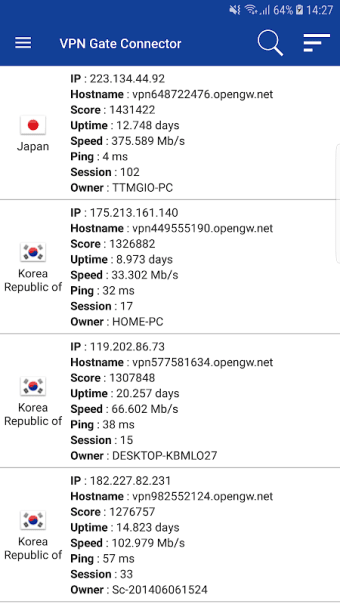
Configuring a VPN on a router offers a more comprehensive and centralized approach to network security. By installing the VPN client on the router, all devices connected to that network are automatically protected. This method eliminates the need to install and manage individual VPN clients on each device. Any device connected to the router, regardless of its operating system or capabilities, benefits from the VPN’s security features. This includes devices that typically cannot run VPN software, such as smart home devices, IoT gadgets, and older computers.
Router-level VPNs are particularly beneficial for households or small businesses with numerous connected devices. They provide a seamless and consistent level of security across the entire network, reducing the risk of overlooking a device that might be vulnerable. Furthermore, configuring a VPN on a router can improve overall network performance by optimizing traffic routing and reducing latency. However, this approach also requires more technical expertise to set up and maintain. Router firmware updates and VPN configuration changes can be complex and may require advanced networking knowledge. Additionally, the performance of the router itself can become a bottleneck, especially if it lacks sufficient processing power or memory. Choosing a router with robust hardware specifications is crucial to ensure optimal VPN performance and prevent network slowdowns.
In conclusion, the choice between installing a VPN on a device or configuring it on a router depends on individual needs and technical capabilities. Device-level VPNs offer flexibility and control for individual users, while router-level VPNs provide comprehensive and centralized protection for entire networks. Understanding the strengths and weaknesses of each approach is essential for making an informed decision that aligns with specific security and performance requirements.
If you are looking for 10 Devices You Can Use With a VPN you’ve came to the right web. We have 10 Pictures about 10 Devices You Can Use With a VPN like Device Connector – West Networks, VPN Gate Connector – Free VPN APK for Android – Download and also VPN Gate Connector – Free VPN APK for Android – Download. Read more:
10 Devices You Can Use With A VPN

www.makeuseof.com
Exploring The Basics Of VPN Devices: What They Are And How They Work

locall.host
Device Connector – West Networks

westnetworks.com
VPN On Device Vs. Router

latestcomputergadgets.com
vpn router
The Ultimate Guide To Setting Up A VPN Hardware Device

www.vpnunlimited.com
Secure Connector VPN Unlimited By Vista Valley Sdn. Bhd.

appadvice.com
connector secure vpn collect register
ITwin Connect – Zero-config Public VPN + Private VPN USB Device
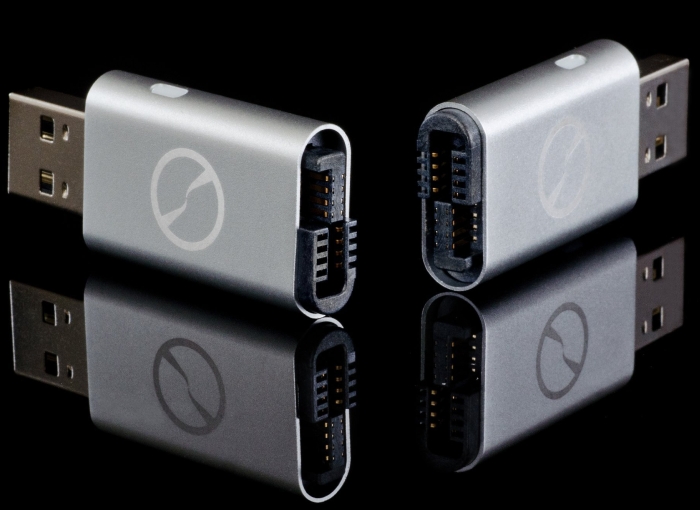
www.7gadgets.com
vpn usb config itwin 7gadgets
VPN Connector: Best Proxy By GAMEGEEK VIETNAM COMPANY LIMITED

appadvice.com
Connect To VPN
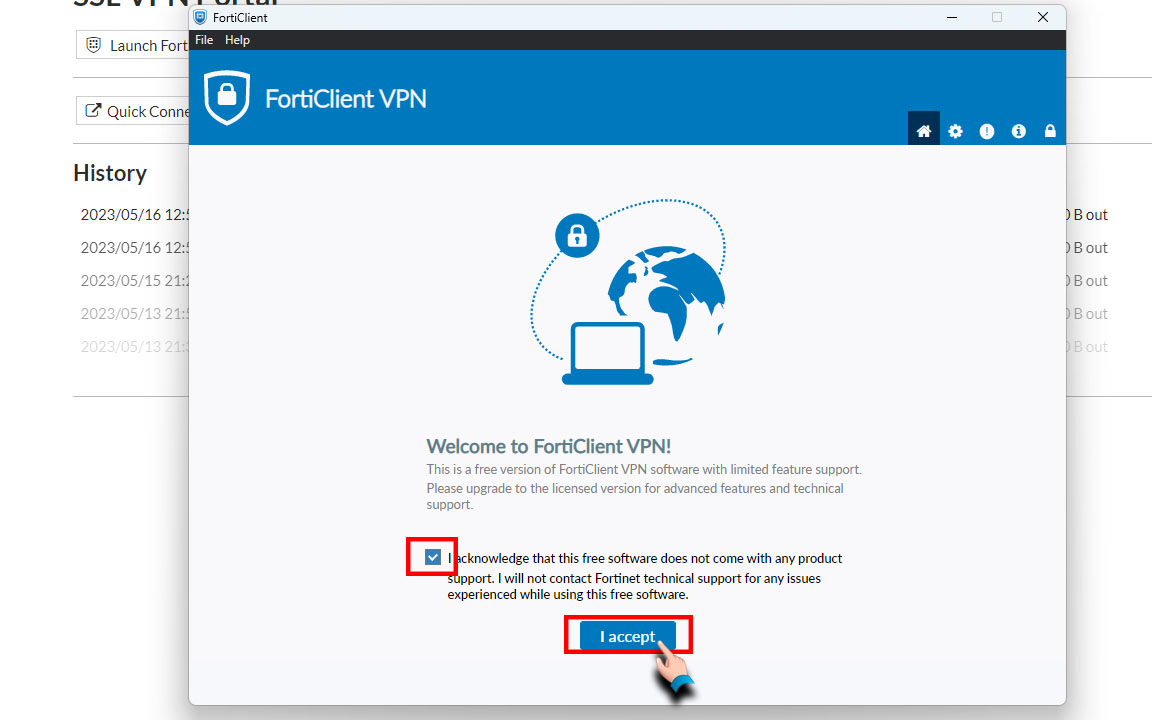
intranet.kh.amrita.edu
VPN Gate Connector – Free VPN APK For Android – Download

vpn-gate-connector-free-vpn.en.softonic.com
Device connector – west networks. Connect to vpn. Vpn connector: best proxy by gamegeek vietnam company limited


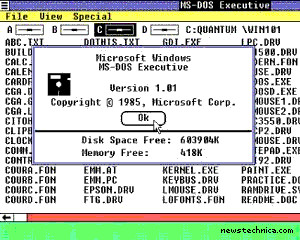
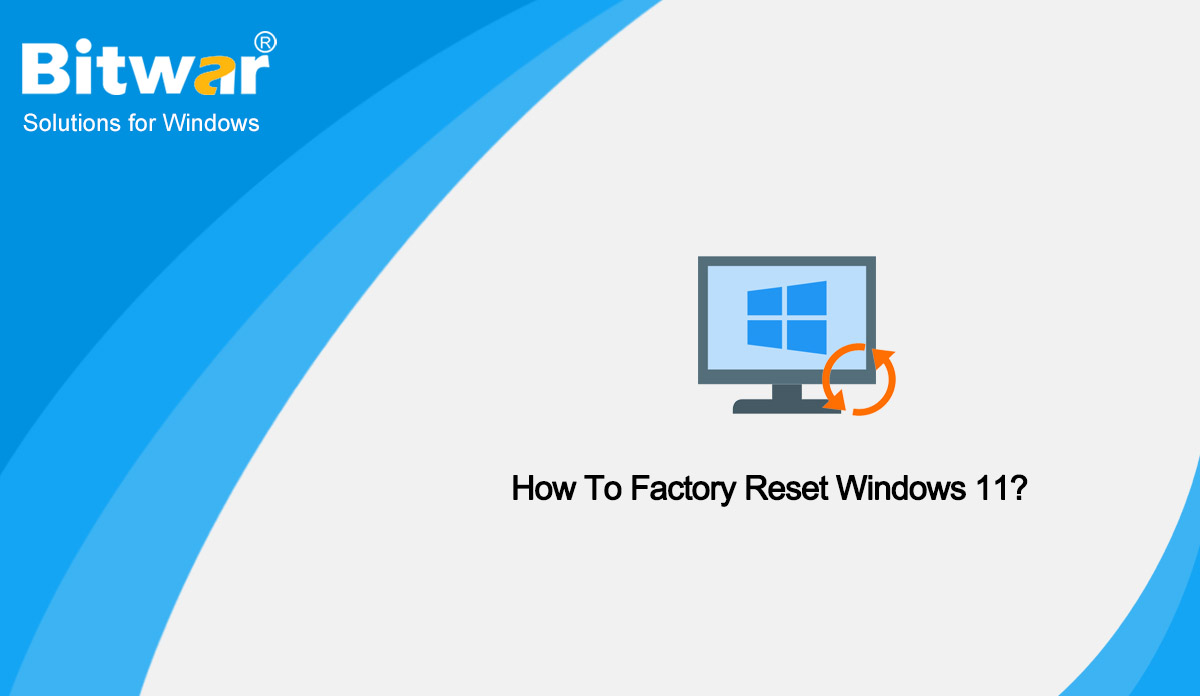
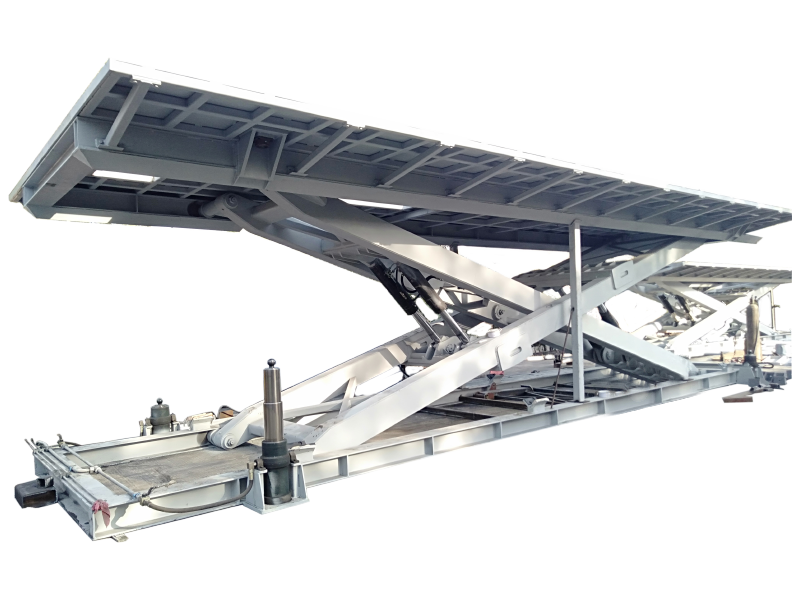
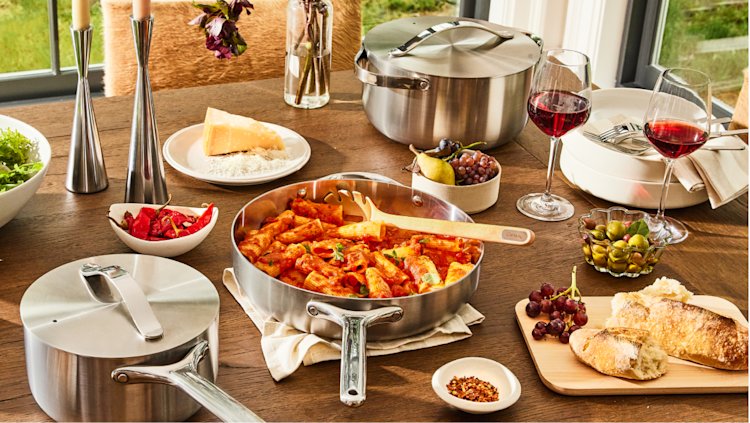

:max_bytes(150000):strip_icc()/008_how-to-factory-reset-a-lenovo-laptop-5115817-a67348722ce94f9783881ea29e596310.jpg)